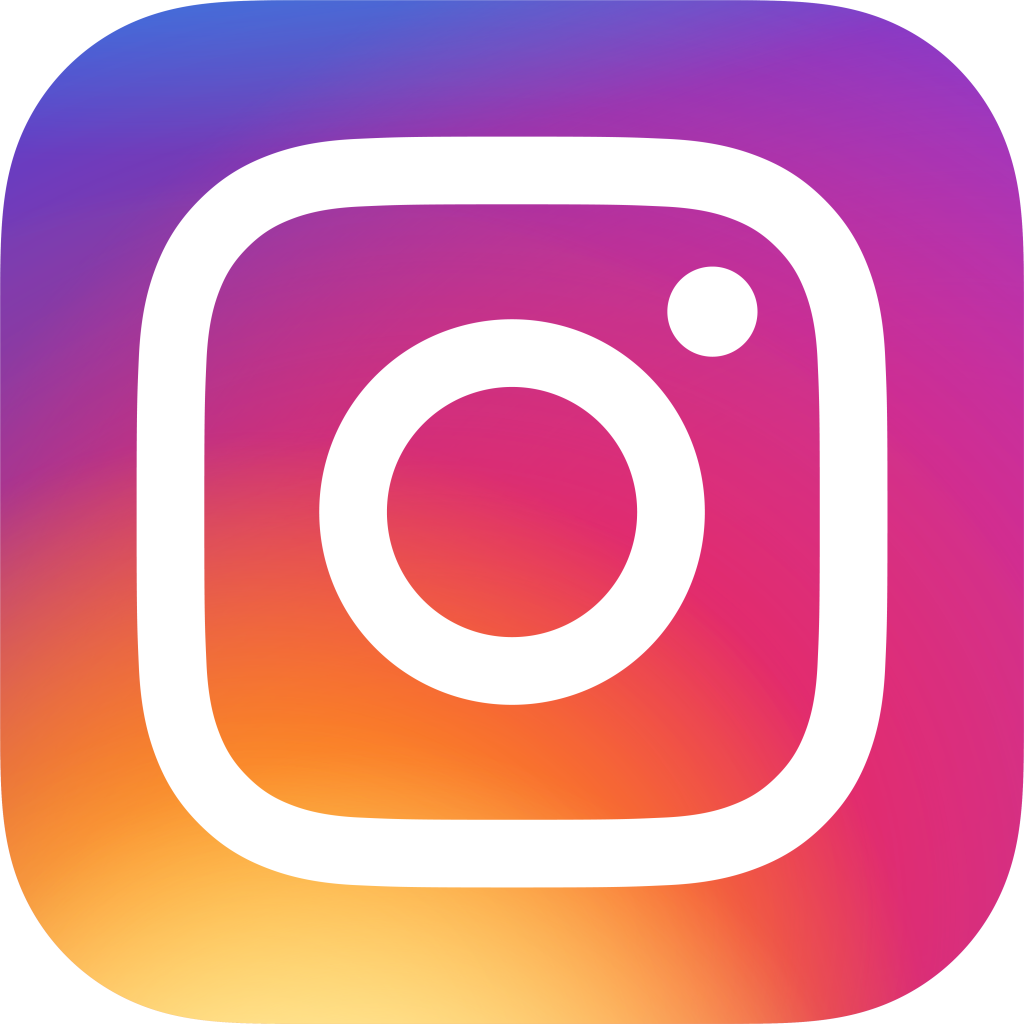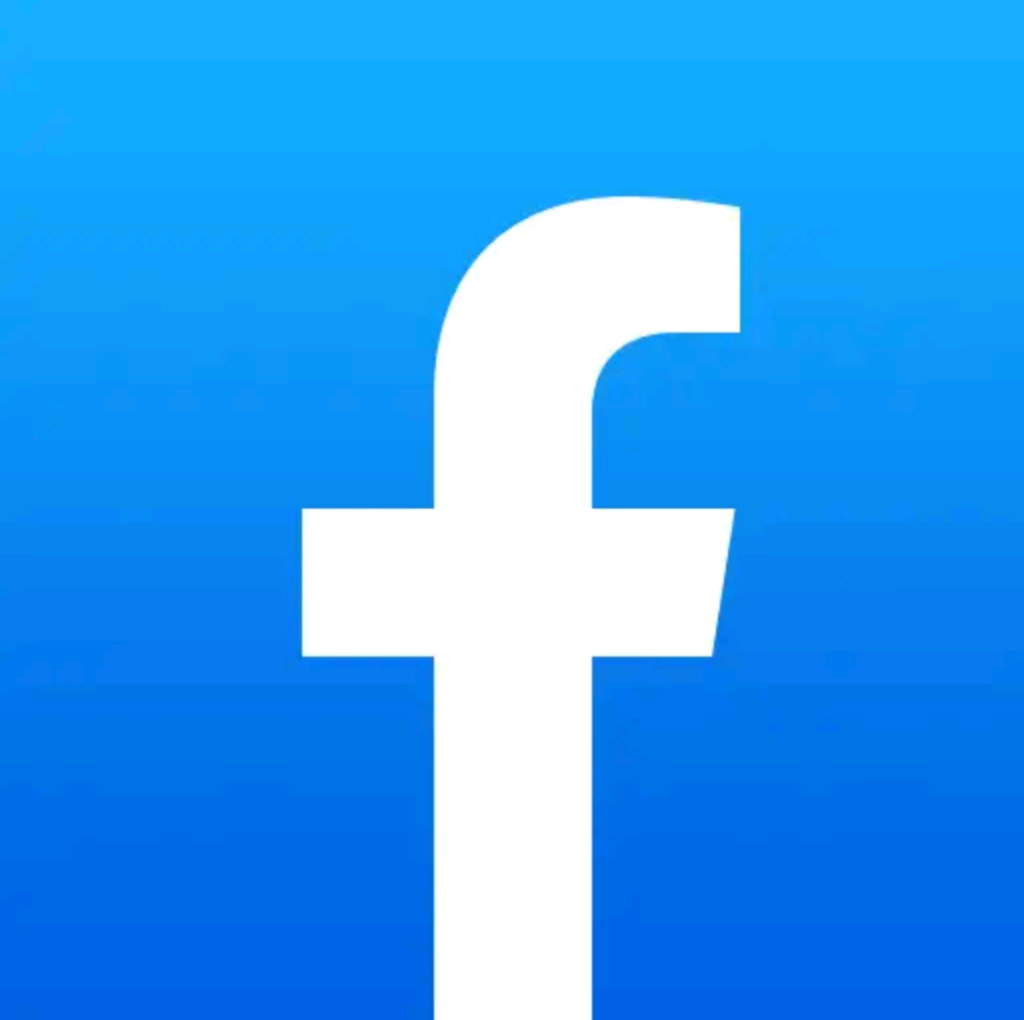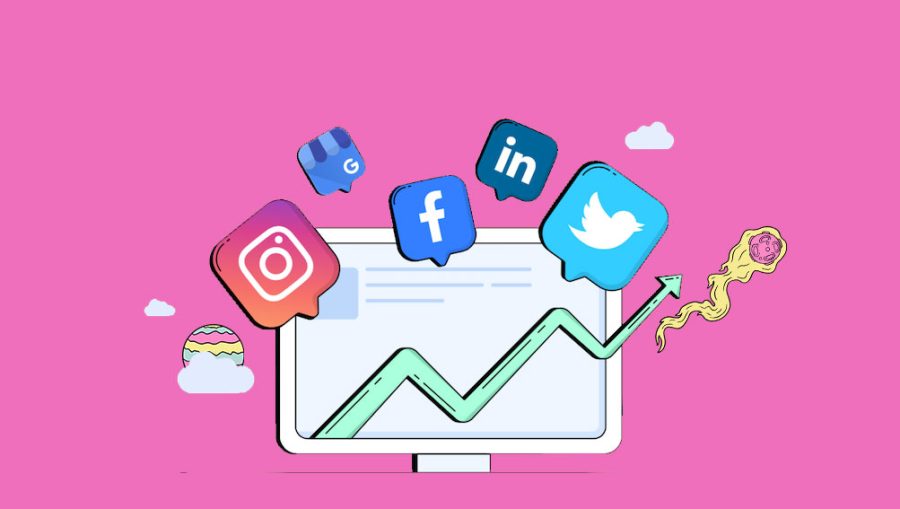I used to believe that identity was always ŌĆ£authentic.ŌĆØ But, after reading McLuhanŌĆÖs idea that the medium is what conveys the message and listening to Laughey, it came to me that digital media has an impact on how we present ourselves and how others recognise us. The epidemic emphasised the significance of social media as a crucial platform for the cultivation and regulation of individual and collective identities.
“In the digital age, identity is constantly evolving.”
According to Marshall McLuhan’s performance of Ourselves Online, the technologies that people use are a source of inspiration for many changes in our identity.The rules and algorithms of platforms like Instagram, TikTok, and LinkedIn dictate our actions. Suggests that digital identities are influenced by various trends, templates, and pre-existing categories created by these platforms, which makes them appear unique while still adhering to a limited range of choices. Are we really making a choice about what we share, or are these choices determined by some invisible rules such as tags, hashtags and viral formats? In The Conversation, Khalili-Mahani explored how the pandemic prompted people to use social media to stay connected, often creating unique versions of themselves and leaning towards tribal or group identities.
Digital Media and Identity



All this discussion made me question what it means to be ŌĆ£authenticŌĆØ online. If our main points of reference in presenting ourselves come from templates and platform norms, does that limit or enable creativity and true individuality? McLuhanŌĆÖswork suggests that the mediumŌĆÖs structure the rules and designs of each digital platform shapes not just the message, but also the messenger. We adapt ourselves to the interface, sometimes editing, filtering, or even exaggerating certain traits. LaugheyŌĆÖs key themes reinforce that digital identity is dynamic, constantly shifting as we try new ways of presenting ourselves in the crowded ecosystem of the web.
Why Self-Awareness Matters More Than Ever
The consumption of online identities in self-awareness made me reevaluate the significance of the consumption. Our creativity is supported by digital platforms, but they can also lead us to present ourselves in a particular way that conforms to specific models or group settings. The critical analysis of how platforms shape our personal identities, including rules and visuals, as well as group behaviours, can help us comprehend the power and boundaries of self-awareness in a digital world
We live in a time when digital identities feel more essential than ever. But understanding the frameworks that guide our self-presentation helps ensure we are not only participating in social media, but actively questioning how, why, and for whom these digital selves are being performed.
References:
- McLuhan, Marshall, in Media and cultural studies: keyworks, Durham & Kellner (2006), pp. 107-116.
- Laughey, Dan, Key Themes in Media Theory (2007).
- Najmeh Khalili-Mahani, ŌĆ£The COVID-19 pandemic pushed social media to become increasingly tribal,ŌĆØ The Conversation, 2022.


The idea of authenticity shaping the medium, not just the other way around, is really intriguing. I’ve never really thought of us as being so complicit in our own manipulation by social media (as you mentioned, “we adapt ourselves to the interface”), but it’s a thought-provoking concept and definitely true. Social media has the massive impact it does because we allow it to, because we embrace a world where “essential” is the best way to describe all of our digital footprints and selves. While we complain so much about the dangerous precedents and realities concocted by this medium, we are all the ones maintaining its significance. I think about platforms like BeReal, the point of which was to foster an “authentic” and difficult to manipulate social media experience, which users quickly managed to turn into another disingenuous medium and therefore defeated its purpose. If these platforms are truly the issue, why do we all crave the digital ecosystem they perpetuate? -Thalia Mott
Your post made me rethink ŌĆ£authenticityŌĆØ as something fluid rather than fixed. Like you said, platforms such as Instagram or TikTok donŌĆÖt just show who we areŌĆöthey shape how we act and what parts of ourselves we choose to show. ItŌĆÖs interesting how the algorithm rewards certain behaviours, so even when we try to be real, itŌĆÖs still somehow guided. But I also think people arenŌĆÖt just controlled by the system. We learn how to play with itŌĆöusing filters, captions, or even humour to show something personal in a creative way. Maybe authenticity online isnŌĆÖt about being completely natural, but about being aware of the process and choosing how to perform it. In that way, performance doesnŌĆÖt always mean fake; it can also be a form of honesty that fits within digital life.ŌĆöJingyun
I really appreciate how thoughtful this posting is. You connect concepts from McLuhanŌĆÖs and LaugheyŌĆÖs work very well to thoughts of your own, which makes this analysis really interesting to follow. I also appreciate that you raised questions of whether what is happening online is what we choose to do or what an algorithm has led us to. A detail that would further support this analysis is to provide an example of what an online platform does to influence what people do. An example could be how Instagram filters influence people to behave in certain ways based upon what is trending in those platforms.
I really enjoyed reading your post as it made me rethink how digital media shapes identity. I can relate to your point about authenticity; I also used to think that what people post online is a direct reflection of who they are. I particularly liked your point about trends and viral formats guiding our choices; even when we think weŌĆÖre being creative, the medium often nudges us in certain directions. Your post highlighted the dynamic, performative nature of digital identities and shows how important it is to be self-aware about how and why we present ourselves online.